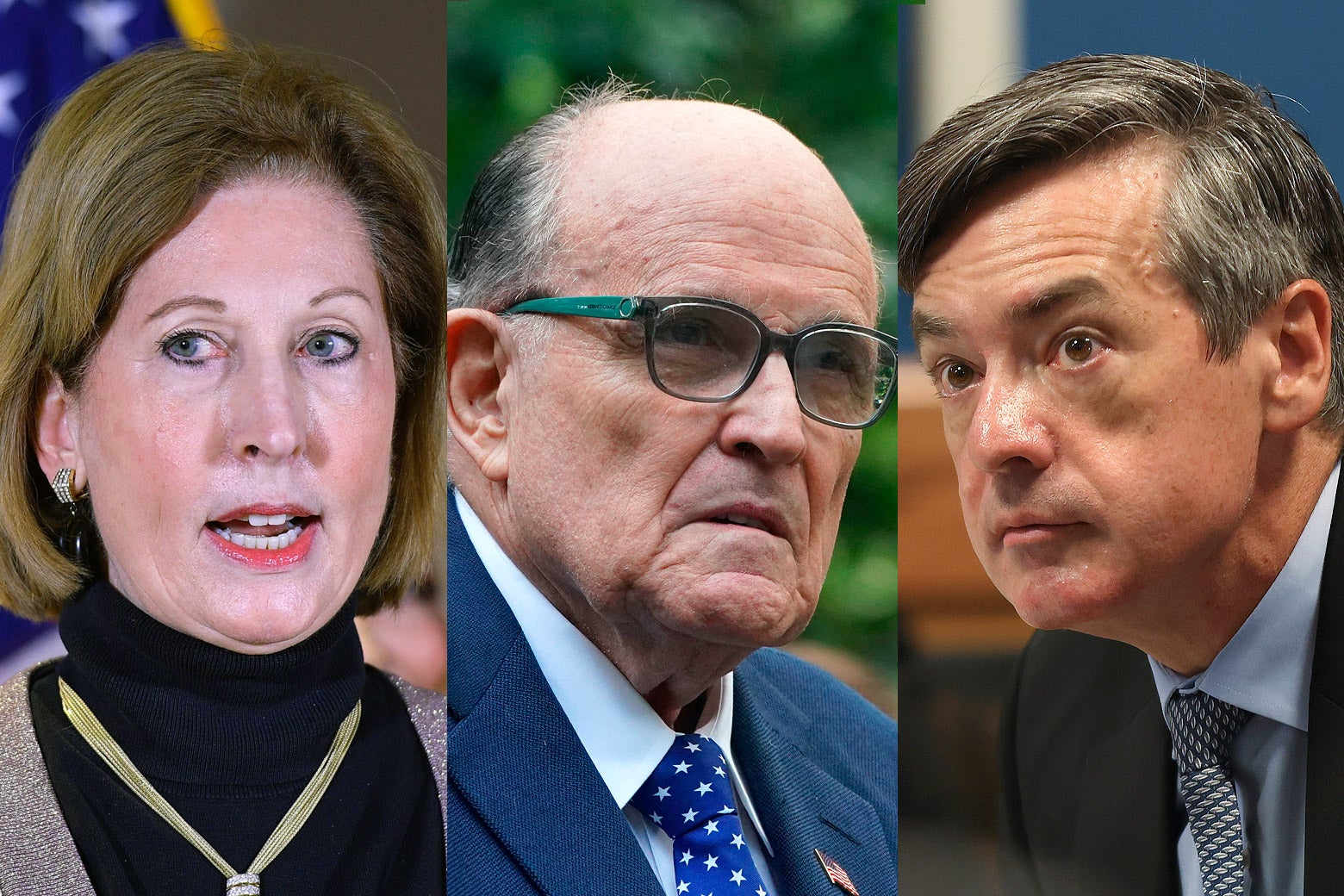That the significant cooperation under discussion involves four of Trump’s attorneys underscores the reality that the former president’s regularly touted defense that he was relying on the good-faith guidance of his attorneys during the attempted coup was, and is, nothing more than self-serving fantasy. In the courtroom—as compared with on television or in social media—he has never had the ability to offer that defense.
In court, the advice of counsel “affirmative defense” requires a defendant to prove two things: First, that he relied in good faith on his lawyer’s advice that the conduct in question at trial was legal, and second, that he made a full disclosure of all relevant facts to the attorney before receiving that advice.
Based on my four decades in the courtroom as both federal prosecutor and defense attorney, I can report that the assertion of the attorney-client privilege by a criminal defendant at trial is a black swan event—effective only with the consistent, overlapping trial testimony of both the attorney and the defendant, and the admission into evidence of any documents reflecting the communications or advice they testified about.



In short, you can’t claim “lawyers told me to do crimes” when those same lawyers say “you asked us to plan crimes”.
Also, attorneys who have pleaded guilty necessarily break attorney-client privilege in the context of their crimes. As of now, Trump can’t prevent Chesebro and Powell from testifying against him in this case on that basis. Neither can Guiliani or Eastman or anyone.